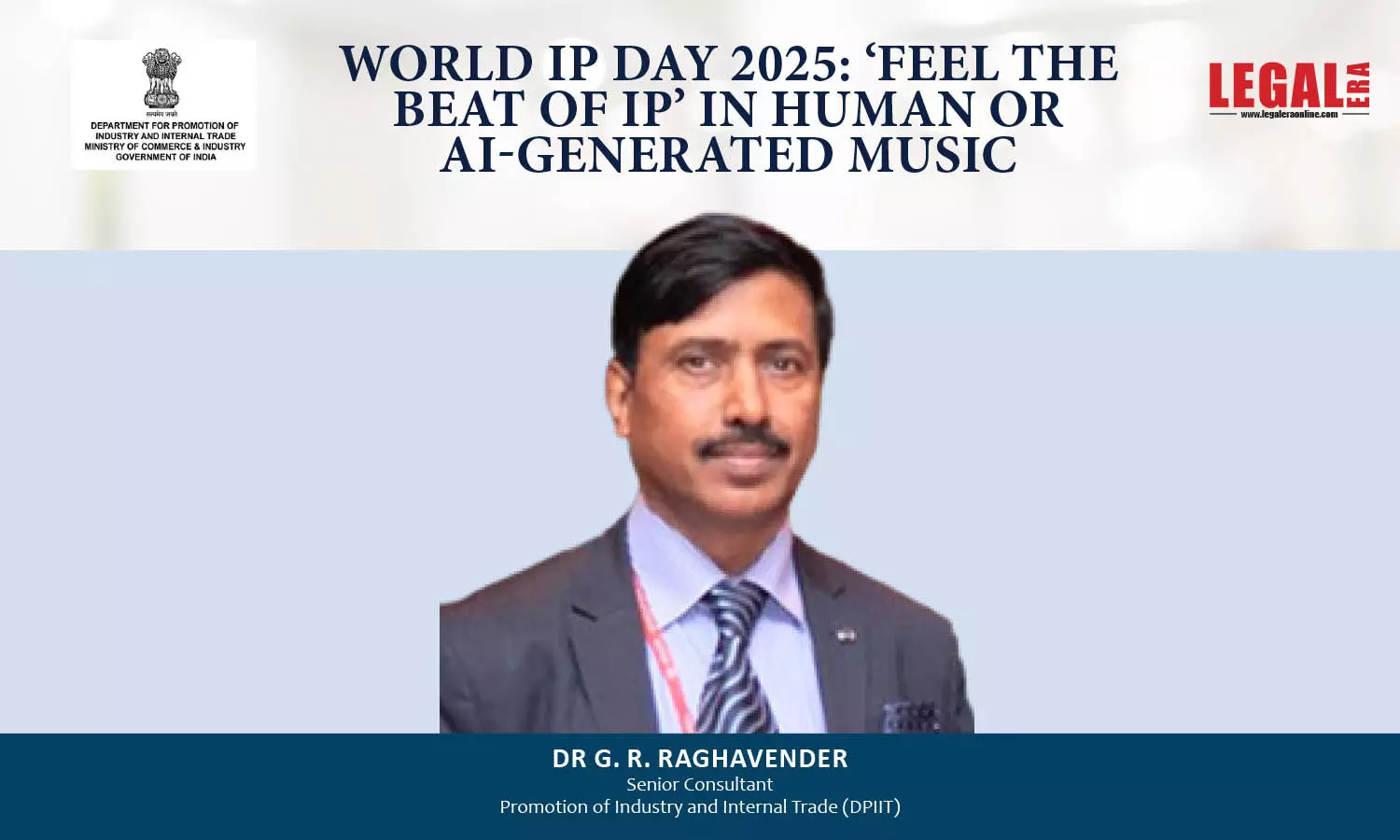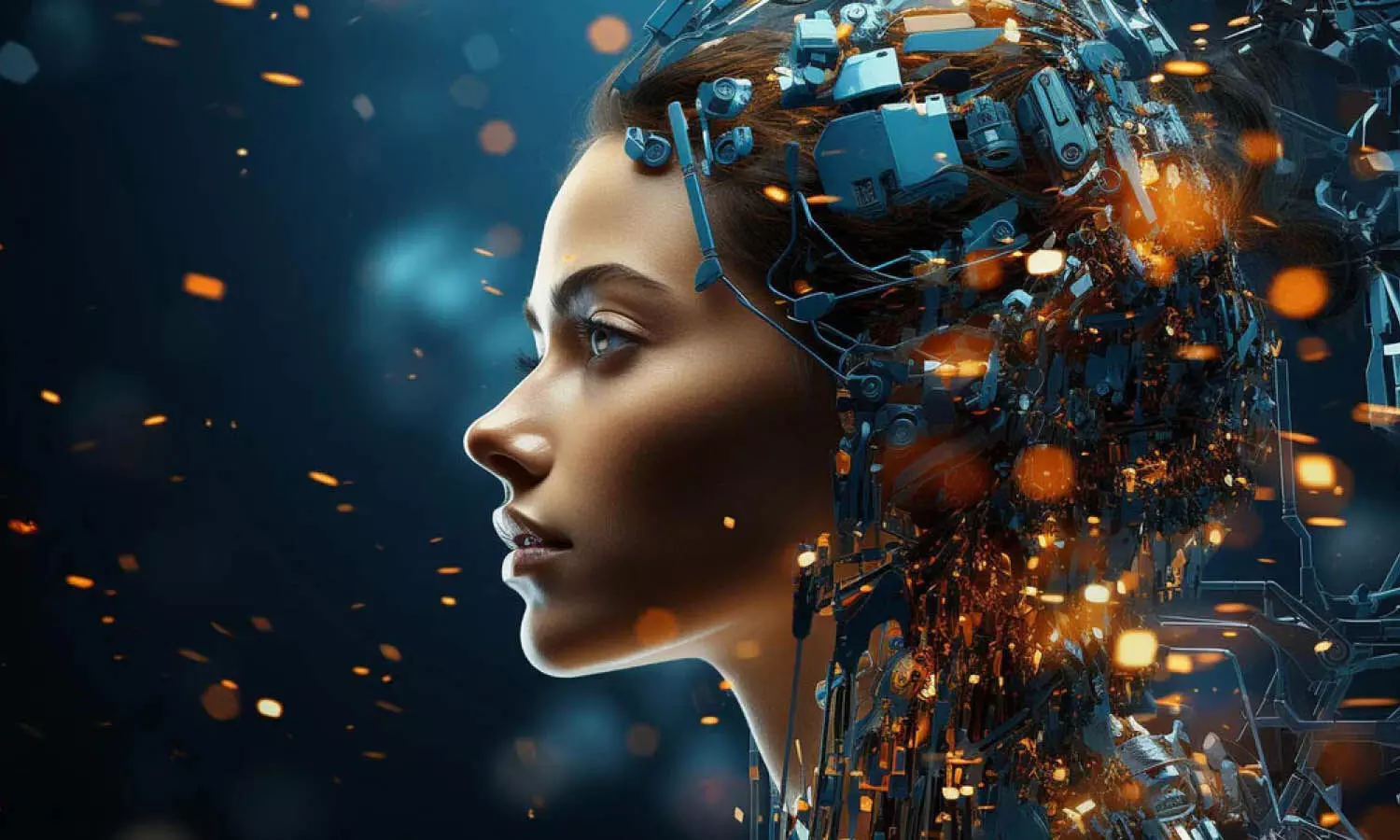- Home
- News
- Articles+
- Aerospace
- Artificial Intelligence
- Agriculture
- Alternate Dispute Resolution
- Arbitration & Mediation
- Banking and Finance
- Bankruptcy
- Book Review
- Bribery & Corruption
- Commercial Litigation
- Competition Law
- Conference Reports
- Consumer Products
- Contract
- Corporate Governance
- Corporate Law
- Covid-19
- Cryptocurrency
- Cybersecurity
- Data Protection
- Defence
- Digital Economy
- E-commerce
- Employment Law
- Energy and Natural Resources
- Entertainment and Sports Law
- Environmental Law
- Environmental, Social, and Governance
- Foreign Direct Investment
- Food and Beverage
- Gaming
- Health Care
- IBC Diaries
- In Focus
- Inclusion & Diversity
- Insurance Law
- Intellectual Property
- International Law
- IP & Tech Era
- Know the Law
- Labour Laws
- Law & Policy and Regulation
- Litigation
- Litigation Funding
- Manufacturing
- Mergers & Acquisitions
- NFTs
- Privacy
- Private Equity
- Project Finance
- Real Estate
- Risk and Compliance
- Student Corner
- Take On Board
- Tax
- Technology Media and Telecom
- Tributes
- Viewpoint
- Zoom In
- Law Firms
- In-House
- Rankings
- E-Magazine
- Legal Era TV
- Events
- Middle East
- Africa
- News
- Articles
- Aerospace
- Artificial Intelligence
- Agriculture
- Alternate Dispute Resolution
- Arbitration & Mediation
- Banking and Finance
- Bankruptcy
- Book Review
- Bribery & Corruption
- Commercial Litigation
- Competition Law
- Conference Reports
- Consumer Products
- Contract
- Corporate Governance
- Corporate Law
- Covid-19
- Cryptocurrency
- Cybersecurity
- Data Protection
- Defence
- Digital Economy
- E-commerce
- Employment Law
- Energy and Natural Resources
- Entertainment and Sports Law
- Environmental Law
- Environmental, Social, and Governance
- Foreign Direct Investment
- Food and Beverage
- Gaming
- Health Care
- IBC Diaries
- In Focus
- Inclusion & Diversity
- Insurance Law
- Intellectual Property
- International Law
- IP & Tech Era
- Know the Law
- Labour Laws
- Law & Policy and Regulation
- Litigation
- Litigation Funding
- Manufacturing
- Mergers & Acquisitions
- NFTs
- Privacy
- Private Equity
- Project Finance
- Real Estate
- Risk and Compliance
- Student Corner
- Take On Board
- Tax
- Technology Media and Telecom
- Tributes
- Viewpoint
- Zoom In
- Law Firms
- In-House
- Rankings
- E-Magazine
- Legal Era TV
- Events
- Middle East
- Africa

World IP Day 2025: ‘Feel The Beat Of IP’ In Human Or AI-Generated Music
World IP Day 2025: ‘Feel The Beat Of IP’ In Human Or AI-Generated Music

World IP Day 2025: ‘Feel The Beat Of IP’ In Human Or AI-Generated Music The 2025 theme, “IP and Music: Feel the Beat of IP,” brings the music industry to centre stage by honouring creators, protecting performers, and examining how digital transformation, particularly artificial intelligence (AI), is reshaping the rhythm of creative expression. Every year on April 26, World...
To Read the Full Story, Subscribe to Legal Era News
Access Exclusive Legal Era Stories, Editorial Insights, and Expert Opinion.
Already a subscriber? Sign in Now
World IP Day 2025: ‘Feel The Beat Of IP’ In Human Or AI-Generated Music
The 2025 theme, “IP and Music: Feel the Beat of IP,” brings the music industry to centre stage by honouring creators, protecting performers, and examining how digital transformation, particularly artificial intelligence (AI), is reshaping the rhythm of creative expression.
Every year on April 26, World Intellectual Property (IP) Day is observed globally to spotlight the crucial role IP rights play in nurturing creativity and innovation. This date marks the anniversary of the Convention Establishing the World Intellectual Property Organization (WIPO) which came into force in 1970. The 2025 theme, “IP and Music: Feel the Beat of IP,” brings the music industry to centre stage by honouring creators, protecting performers, and examining how digital transformation, particularly artificial intelligence (AI), is reshaping the rhythm of creative expression.
Music transcends borders. It connects people, ignites emotions, and gives voice to cultural identities. For generations, copyright laws have protected the rights of music creators—from lyricists and composers to producers and singers—ensuring fair recognition and compensation. But in an era dominated by algorithms and machine learning, the harmony between law and technology is becoming more complex and contentious.

AI-generated music opens doors to creative innovation but also fuels legal and ethical debates. While AI tools support new musical expressions, their reliance on copyrighted material without consent and compensation has sparked lawsuits and artist protests, challenging traditional notions of fair use or fair dealing and originality in the digital age.
Recently in the UK, over a 1,000 musicians, including Kate Bush and Annie Lennox, released a “silent album” titled Is This What We Want? as a protest against the UK’s proposed AI Copyright Bill that allows exceptions for AI developers to access copyrighted data to train their models. The album highlights their concern about AI companies using artists’ work for training without consent and compensation. Led by Ed Newton-Rex, the initiative stresses the need for stronger protections and affirmative permission.
Without consent and licensing, AI-generated adaptations, whether text-to-speech, text-to-song, or remix risk infringing on rights under Indian and international law, including the Berne Convention and TRIPS Agreement.
Globally, this concern is mirrored in courtrooms as well. In 2023, major record labels Universal Music Group, Sony Music, and Warner Records filed lawsuits against companies like Suno AI and Anthropic for unauthorised use of copyrighted songs to train generative music models. Similar disputes, such as Getty Images v. Stability AI in the UK, reflect parallel battles in visual art, raising questions about what constitutes a transformative use and whether derivative AI-generated content can be exempt from traditional IP constraints.
In India, these debates are gaining traction. In a recent case, Varaha Roopam vs. Navarasam involved allegations of musical plagiarism. Though both songs used the same Carnatic ragas, the composition techniques were vastly different. In Varaha Roopam, ragas changed with nearly every line, unlike traditional structures, creating a composition that was deemed sufficiently transformative. Since ragas are part of the public domain and not copyrightable, the case clarified that originality lies not just in what elements are used but in how they are arranged, an approach aligned with Indian copyright jurisprudence.
The Supreme Court in Eastern Book Company v. D.B. Modak replaced the “sweat of the brow” doctrine with the requirement of a “modicum of creativity” for the originality test for the copyright protection. This means a work must show some original thought, not just effort. Applied to AI-generated music, it implies that copyright eligibility depends on meaningful creative input from a human author.
AI’s impact isn’t limited to melody; it also extends to voices. In the landmark Indian case Arijit Singh v. Codible Ventures LLP, the Bombay High Court upheld the singer’s personality rights, issuing an injunction against entities using AI to replicate his voice without consent. This marked a first-of-its-kind legal recognition of voice as part of a performer’s protectable identity in India. Similar protections are now surfacing worldwide. The U.S. state of Tennessee passed the ELVIS Act, granting musicians legal recourse against unauthorized AI voice cloning. California followed suit, requiring clear consent before using AI-generated likenesses for commercial purposes.
Such steps illustrate a growing global consensus. While AI can democratize access to music creation, it must not come at the cost of human creativity. Many generative AI platforms operate on commercial subscriptions, making it imperative that companies like OpenAI, Microsoft, and Google respect and follow copyright norms. Without consent and licensing, AI-generated adaptations, whether text-to-speech, text-to-song, or remix risk infringing on rights under Indian and international law, including the Berne Convention and TRIPS Agreement.
India’s Copyright Act, 1957, particularly Sections 14 and 51, treats any unauthorised adaptation, reproduction, or communication of copyrighted work as infringement of copyright. Whether an AI creates a song or voice, the human who prompts it is still considered the legal author, placing responsibility squarely on the user or developer to ensure compliance with copyright obligations.
As we celebrate World IP Day 2025, the message is clear that IP frameworks must evolve to protect creators without stifling AI innovation. The theme, “Feel the Beat of IP,” is a powerful reminder that music is fundamentally a human expression—rooted in emotion, culture, and lived experience. While AI algorithms may replicate sound, it is human creativity that gives music its soul. This World IP Day, we should take a pledge to promote copyright laws that prioritize and protect human-made music, ensuring that real artists and not algorithms, who receive the recognition, rights, and rewards they deserve.
Disclaimer – The views expressed in this article are the personal views of the author and are purely informative in nature.


